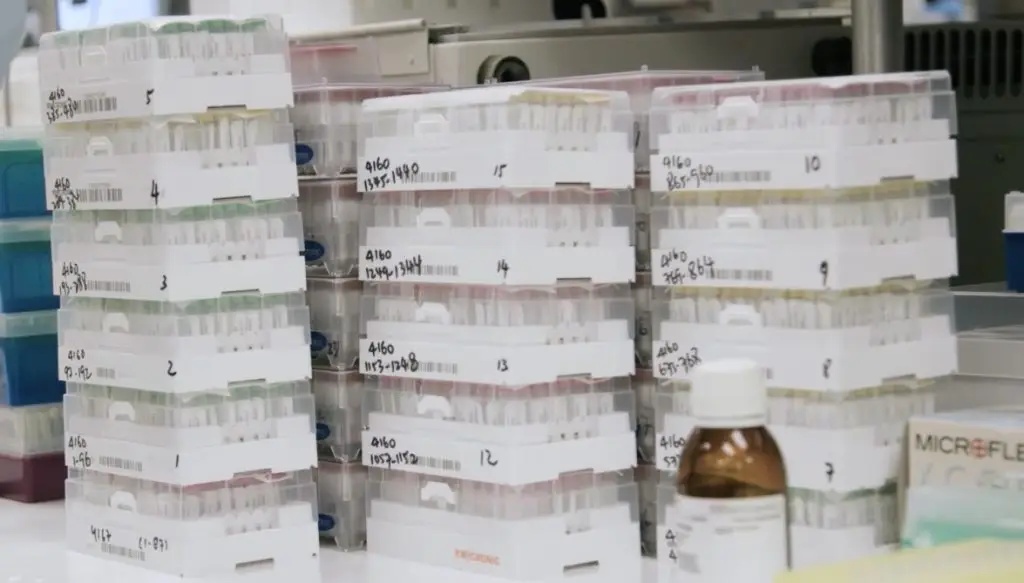Alzheimer’s disease
Alzheimer’s disease is the most common type of dementia. This degenerative disease strikes the parts of the brain that controls memory, thought and language. Alzheimer’s is the sixth leading cause of death in the United States, and more than 5 million Americans are living with the disease. There is no cure.
The biggest risk factor for the disease is age. Most patients see symptoms start after age 60. While some cases may be inherited, most cases appear to be “spontaneous.” By studying the brains of people with Alzheimer’s, researchers have found that patients suffer from abnormal “plaques” of beta-amyloid proteins clustered around nerve cells. These brains also show tangled strands of proteins in dead and dying nerve cells. Over time, the connections break between nerve cells, and the brain shrinks.
Our Approach
Our expertise in immunology may help point to a role for immune cells in neurodegenerative diseases like Alzheimer’s. LJI scientists know developing Alzheimer’s treatments will depend on a better understanding of what causes the disease in the first place. This growing field of research is known as neuroimmunology.
LJI scientists are especially interested in understanding how sex-based differences in the immune system may influence Alzheimer’s disease. According to the Alzheimer’s Association, women account for two-thirds of Alzheimer’s patients, and studying their blood may reveal clues to the disease.
Associate Professor Sonia Sharma, Ph.D., is leading one of several promising efforts at LJI to uncover the fundamental molecular drivers of Alzheimer’s disease, and she recently won funding from Prebys Foundation to support this work.
Dr. Sharma has found new clues to Alzheimer’s by investigating immune cells called stromal cells. Stromal cells are important because they help activate T cells and B cells. Dr. Sharma is interested in stromal cells as “immune mediators.” Some stromal cells, called vascular endothelial cells, line the blood vessels in the brain. This puts them in contact with immune cells, signaling molecules, and pathogens. When stromal cells sense a threat, they begin producing signaling molecules to alert other immune cells of the problem. These signaling molecules include small molecule metabolites. Dr. Sharma’s work highlights how metabolites can actually drive inflammation in the vascular system, leading to conditions like vasculitis (inflammation in the cardiovascular system) and vascular dementia.
Alzheimer’s disease and vascular demential are both characterized by vascular inflammation, so Dr. Sharma is following up on these findings by comparing metabolite levels in women who develop—or don’t develop—Alzheimer’s disease. By examining blood samples from a longitudinal study (where participants were followed for many years), Dr. Sharma and her collaborators at UC San Diego and Cedars-Sinai Medical Center in Los Angeles have uncovered a group of bioactive lipid metabolites that appears to protect some women from Alzheimer’s disease. Their work suggests other metabolites are pathogenic, and may predispose some women to the disease.
LJI Professor Alessandro Sette, Dr. Biol. Sci. is studying how the body’s T cells may target the proteins involved in the plaques and tangles seen in brains with Alzheimer’s disease.
Learn more:
Related News
- Research News
- Institute News
- Institute News
Research Projects
The aim of this work funded by Aligning Science Across Parkinson’s (ASAP), in collaboration with Dr. Alessandro Sette, is to investigate T cell reactivity and disease progression in Parkinson’s disease. [...]








